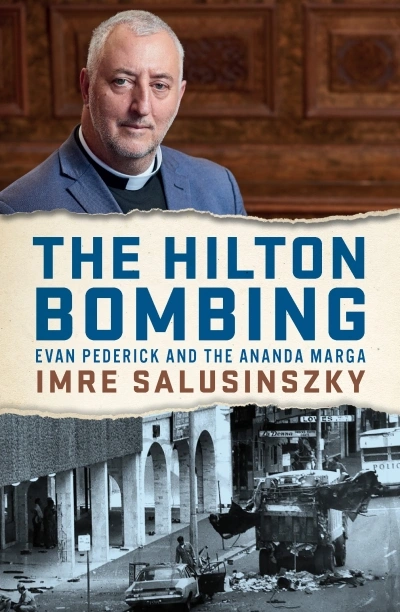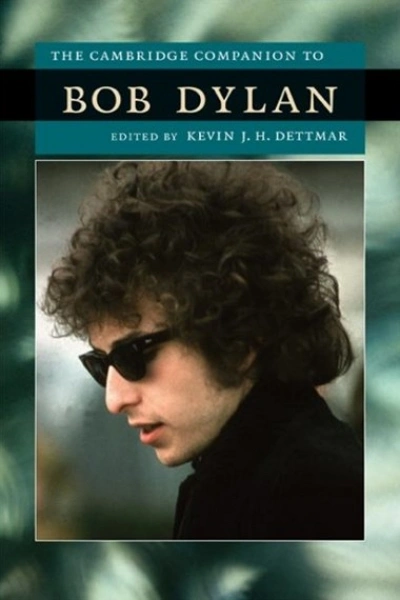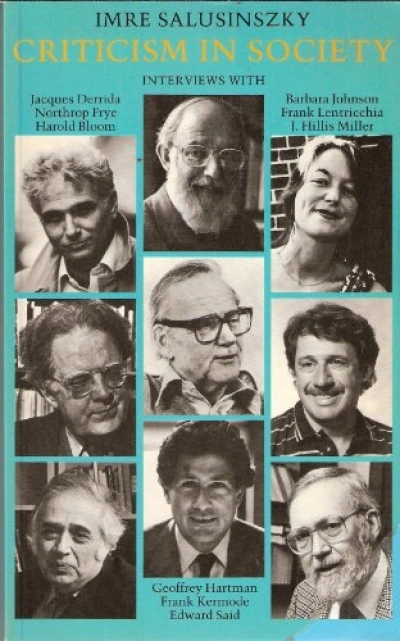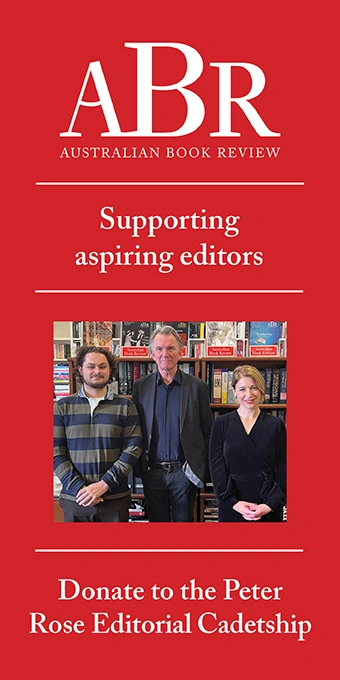Imre Salusinszky
The Hilton Bombing: Evan Pederick and the Ananda Marga by Imre Salusinszky
by Jacqueline Kent •
The Cambridge Companion to Bob Dylan edited by Kevin J.H. Dettmar
by Imre Salusinszky •
Dear Editor,
This is a note to congratulate you on the quality of the latest Calibre Prize essays, by Jane Goodall and Kevin Brophy, in the April edition of ABR. The two pieces maintain the incredibly high standards of the Prize, of which I was honoured to be an inaugural judge.
... (read more)






